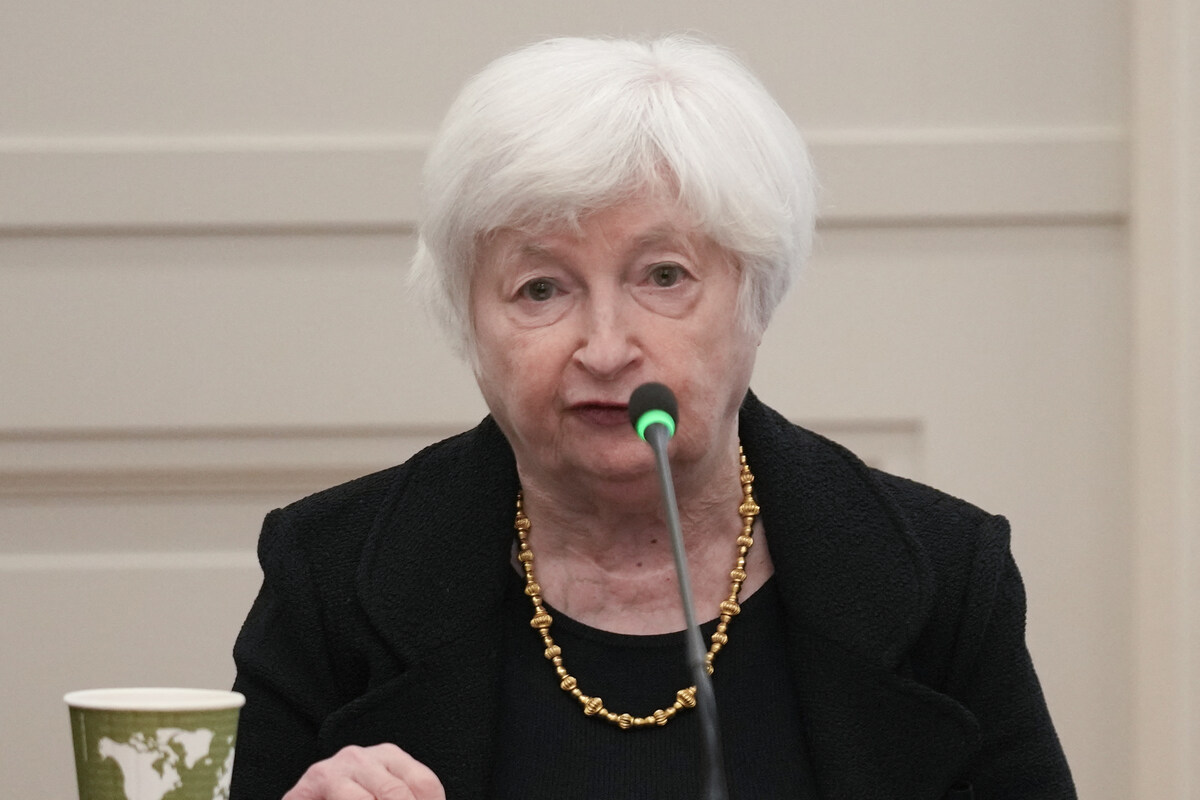Benguerir, Morocco – US Treasury Secretary Janet Yellen said on Tuesday she backed efforts to boost the lending firepower of the IMF and World Bank to combat poverty and climate change.
Speaking on the sidelines of the IMF-World Bank annual meetings in Morocco, Yellen said the global lending system had already changed over time to face new challenges.
“It must change again to meet the urgent global challenges of our time,” she said in a speech at Mohammed VI Polytechnic University in Ben Guerir, north of Marrakesh.
Yellen said the World Bank’s board of governors will endorse at this week’s meetings in Marrakesh a new vision to “end poverty on a livable planet” — words used by World Bank President Ajay Banga.
“It has become common sense that addressing climate change and other global challenges is key to achieving development,” she said.
She said bank governors this week would endorse measures aimed at raising its lending capacity.
Banga has vowed to “fix the plumbing” at the bank, saying it was “dysfunctional”.
He has said that changes to the institution’s balance sheet could add as much as $125 billion in extra lending capacity.
These reforms and other measures by regional development banks would add a total of at least $200 billion in funding capacity, Yellen said.
But she added that the World Bank also needs a “cultural change to accelerate private sector mobilization”.
She warned that financing from multilateral development banks (MDBs) alone will not be enough to meet the UN’s Sustainable Development Goals, which include eradicating hunger and poverty.
“We need the MDBs to establish concrete private capital mobilization targets and incentives for staff to meet those targets,” Yellen said.
As for the IMF, Yellen said the United States would back a “quota formula that better reflects the global economy, but change on this can only happen within an agreed-on framework based on shared principles.”
IMF quotas, which are based on economic performance, determine how much funding a nation should provide to the IMF, its voting power and the maximum amount of loans it can obtain.
The United States has backed until now an “equiproportional” increase in quotas that would increase access to lending for developing countries, without modifying the allocation of votes.
Yellen’s comment on “shared principles” could be a veiled reference to China as the United States has resisted the idea until now of giving its rival, the world’s second biggest economy, more voting power.

